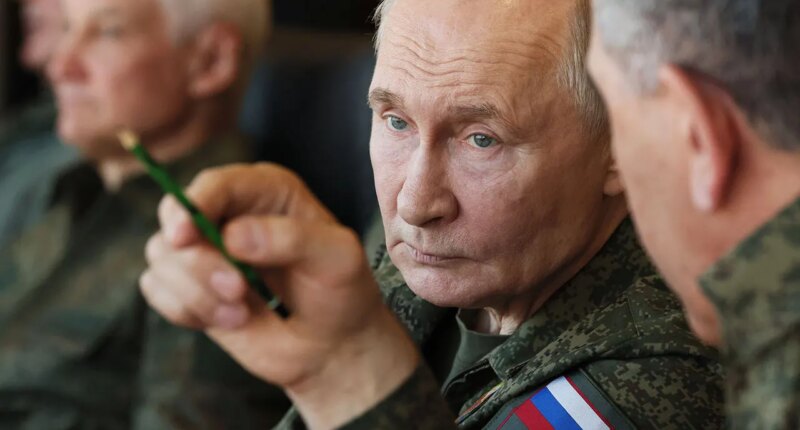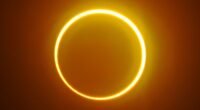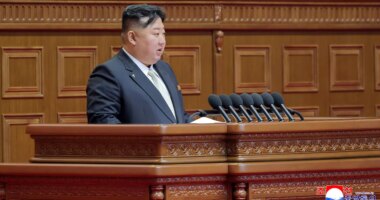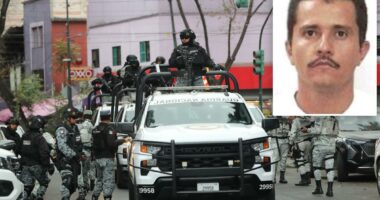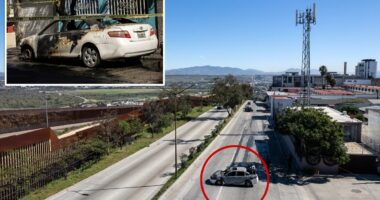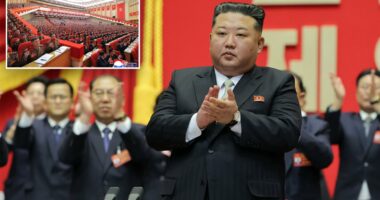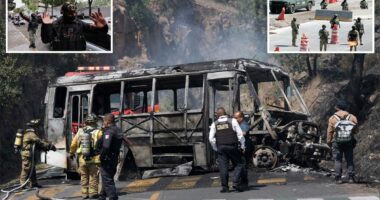Share this @internewscast.com
Since Russia’s invasion of Ukraine over three and a half years ago, NATO has remained on high alert. However, a recent increase in airspace violations by the alliance has heightened concerns among security experts, suggesting that the threat of war with Moscow may now be seen as inevitable, rather than just a possibility.
On Thursday, President Donald Trump warned that the U.S. might “end up in World War III” due to Russia’s actions in Ukraine. He also expressed disappointment, saying Russian President Vladimir Putin has “let him down” by not ceasing his military operations.
Just a day after, Russia flew three fighter jets over Tallinn, the capital of Estonia, blatantly breaching its airspace. This incident led another NATO member to invoke Article 4 for the second time in recent weeks.
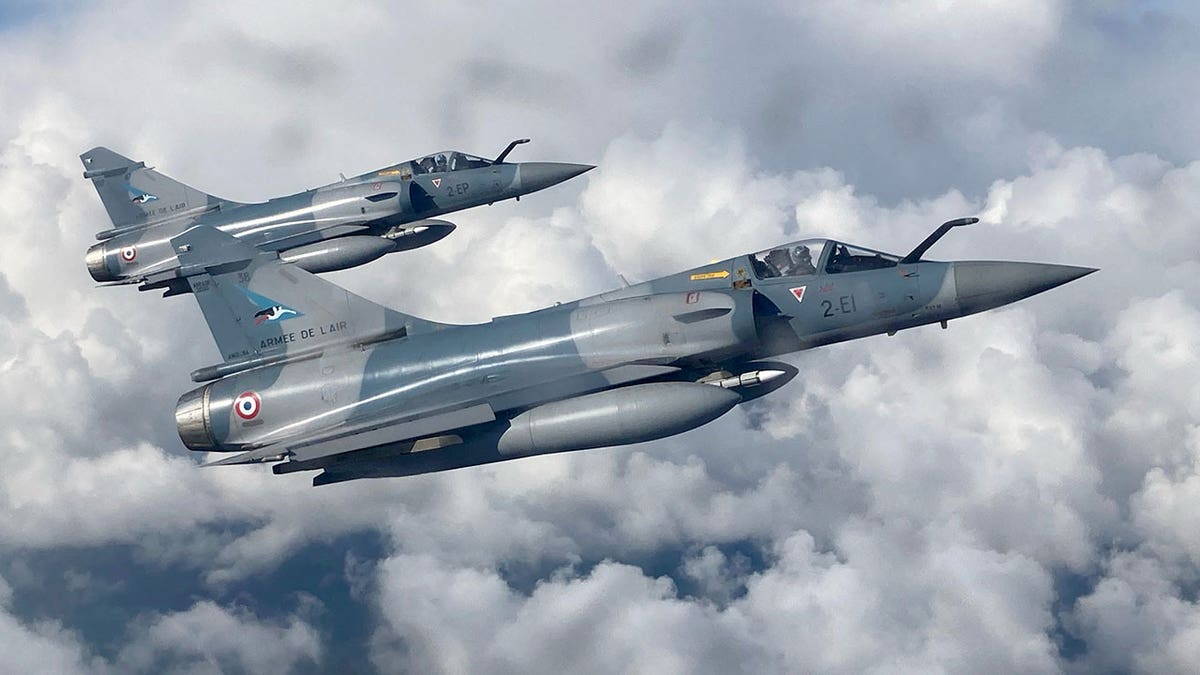
A picture shows French Mirage 2000 fighter jets flying over Estonia, on March 30, 2022. (Didier Lauras/AFP via Getty Images)
Following a drone attack on Polish air defense systems three days earlier, a Russian drone infiltrated Romanian airspace, prompting a response from a French fighter jet and a Polish helicopter as part of NATO’s Operation Eastern Sentry—a defensive initiative launched only the previous day.
These incidents followed a late July alarm by Lithuania, which was triggered by two separate occasions of Russian Gerber drones crossing its borders, one of which was armed with explosives.
But these tactics are not the only threats that security experts in recent weeks have flagged as concerning behavior from Moscow.
Earlier this month, the Institute for the Study of War (ISW) in Washington, D.C. highlighted an op-ed from former Russian president and current Security Council chair Dmitry Medvedev. Published on September 8 in the state-backed news outlet TASS, it employed rhetoric similar to that used by the Kremlin before its invasion of Ukraine.
In his article, Medvedev accused Finland of being “Russophobic” and claimed, “the thirst for profit at the expense of Russia was installed in Finnish minds back in the days of Hitler.”
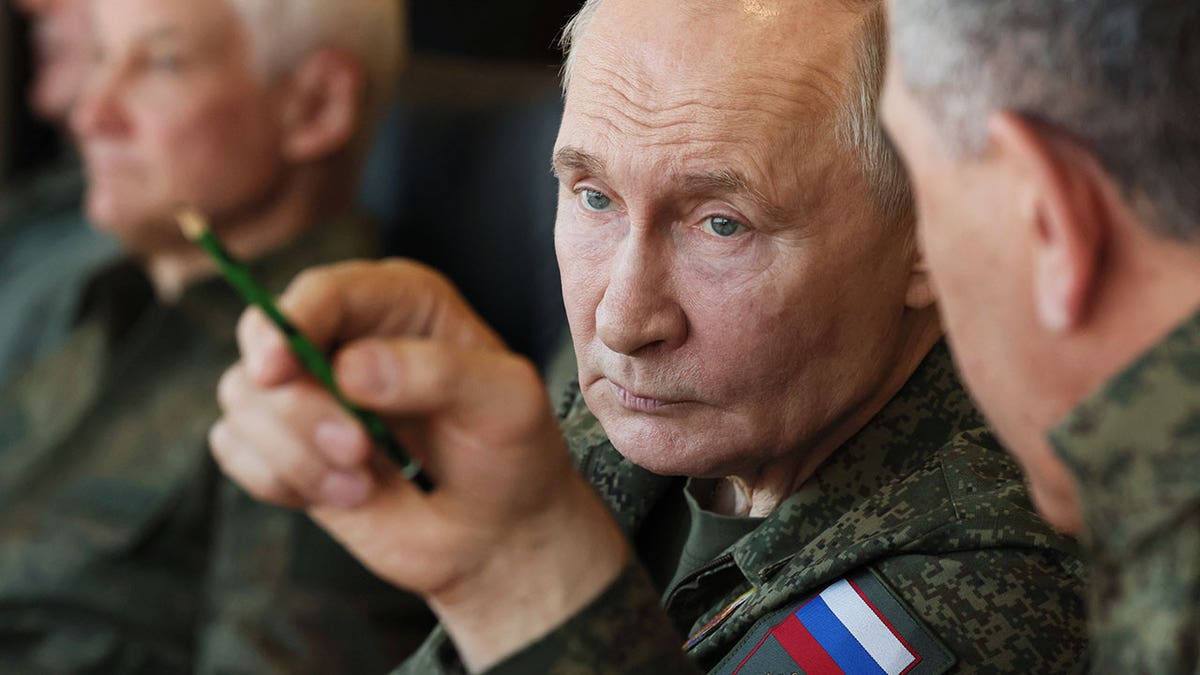
In this pool photograph distributed by the Russian state agency Sputnik, Russia’s President Vladimir Putin inspects the “Zapad-2025” (West-2025) joint Russian-Belarusian military drills at a training ground in the Nizhny Novgorod Oblast, Belarus, on Sept. 16, 2025. (Mikhail Metzel/POOL/AFP via Getty Images)
He further claimed that Helsinki has attempted to erase the “historical and cultural identity” of ethnic Russians and said joined NATO under the “guise” of defense, but in actuality, was covertly preparing for war against Russia, reported the ISW.
Medvedev’s comments were not stand-alone threats. Multiple Kremlin officials, including Putin who said “there will be problems” after Finland joined NATO, have claimed the alliance will use Finland as a “springboard” to attack Russia.
“Russia has been steadily setting conditions to attack NATO over the past several years: Moscow is standing up new divisions and optimizing its command and control headquarters on NATO’s eastern flank,” George Barros, Senior Russia Analyst with ISW told Fox News Digital. “The Kremlin information warfare apparatus is fabricating claims and justifications for why Finland, the Baltic States, and Poland are not real countries.
“These are the prerequisite preparations for future war that Moscow is preparing,” he warned.
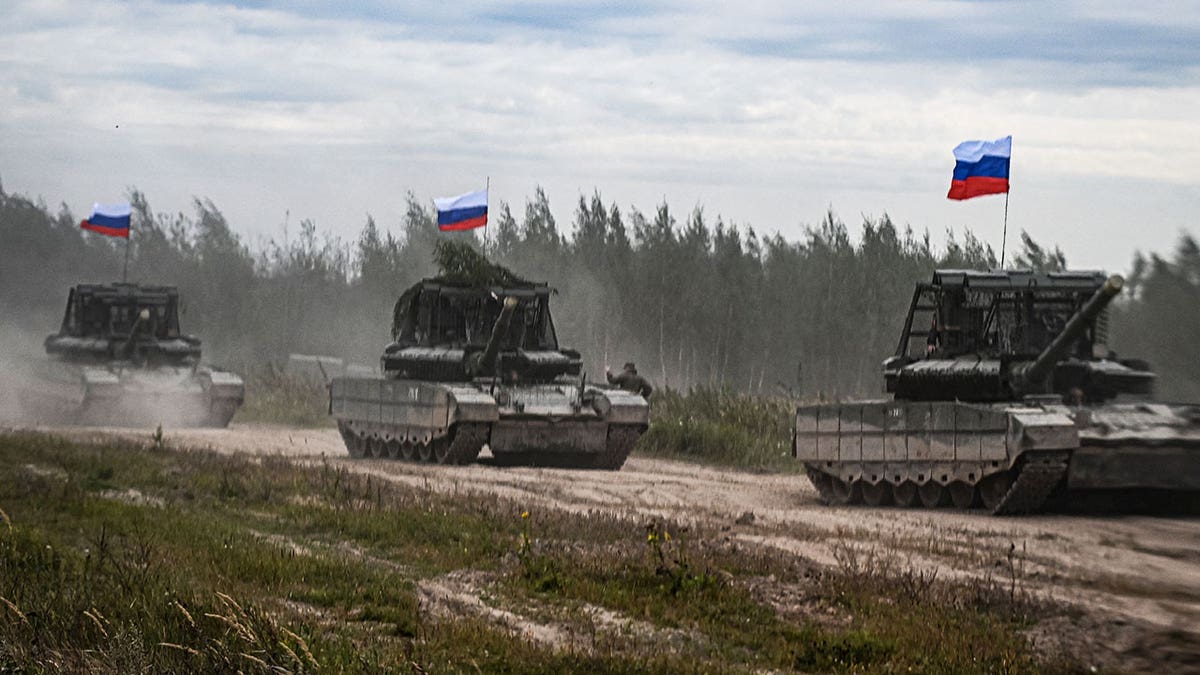
Russian tanks move during the “Zapad-2025” joint Russian-Belarusian military drills at a training ground near the town of Borisov, east of the capital Minsk, Belarus, on Sept. 15, 2025. (Olesya Kurpyayeva/AFP via Getty Images)
Sakaliene echoed these concerns and additionally pointed to Russia’s use of “soft power,” often employed through social media and traditional media, to influence public perception, which she warned is “alarmingly effective.”
“We see a picture of a very aggressive country which is investing a disproportionate amount of its funds into their military capacity,” the defense minister said. “Despite heavy losses every week, every month, they are moving forward in Ukraine, and at the same time, they are expanding their capabilities.
“It raises considerable doubts if all that mass of military power is being accumulated only for Ukraine,” Sakaliene said.
